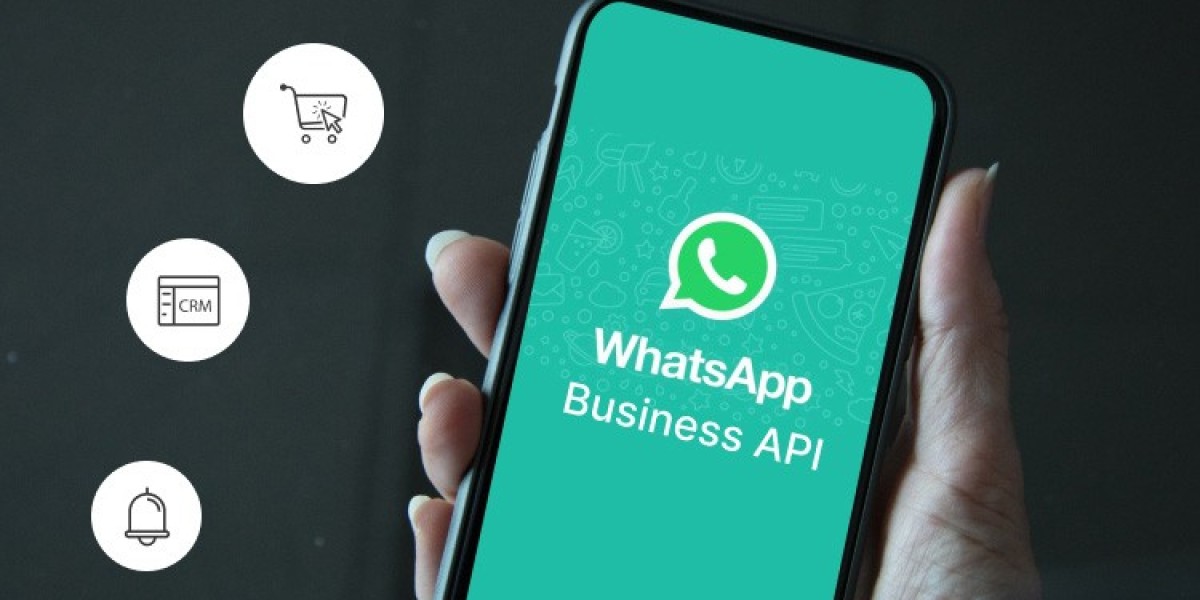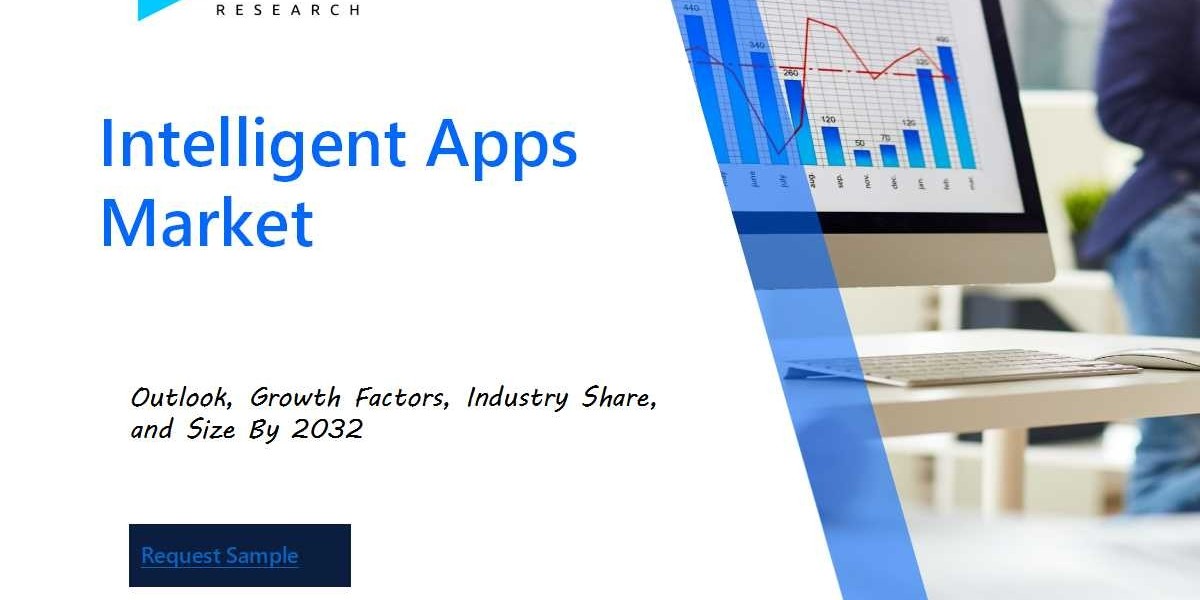Did you know WhatsApp is the world’s biggest messaging app with over 2 billion users worldwide? People use it regularly to message friends, family, and now, businesses than ever before. The huge success of WhatsApp as a secure, convenient messaging app for friends was the driving force for Meta, parent company of Facebook, to monetize the platform. Meta identified the opportunity wherein businesses would benefit from being given access to this personal space for business communication. This led to the birth of WhatsApp Business App.
Launched in January 2018, WhatsApp Business is a free app that is designed for small businesses. It enables businesses to communicate with their customers, and vice versa. A business account in WhatsApp enables businesses to create branded profiles to provide customers additional information pertaining to website, brief business description, office hours when a customer can expect a response, and more.
However, the WhatsApp Business App was developed for one-on-one conversations. Customer inquiries are handled manually using a cell phone, but not smartphones or tablets, and up to four other devices. The same account is used by all employees, which leaves ambiguity about who answered the query. Therefore, the app is not suitable for professional customer service. The suitability of the app is further questionable, especially for European companies for lack of data protection and GDPR compliance.
This led Meta to launch WhatsApp Business API in a bid to offer larger companies a scalable, customizable alternative when using WhatsApp Business. The solution also served to help companies looking to integrate WhatsApp into their existing customer communication systems. The technical interface (API) of the solution allows businesses to connect their WhatsApp account to a professional customer messaging application – a WhatsApp Business Platform. WhatsApp Business API by WhatsApp Commerce is a cutting-edge tool designed for medium to large companies that offers more advanced features and customization options.
To summarize, the main difference between WhatsApp Business App vs WhatsApp Business API is that the former is a free app for small businesses and the latter is a paid API solution for larger businesses that enables rich messaging to communicate with users. Standard WhatsApp messaging is for personal use to stay in touch with friends and family. Besides this, WhatsApp provides an array of services such as the WhatsApp API for business that allows businesses to integrate WhatsApp messaging capabilities with their own business framework.
Curious to Improve your Customer Satisfaction and Drive Sales?
Implement WebMaxy’s WhatsApp Business API solution.
4 Reasons Businesses are Shifting to WhatsApp Business for Marketing
Unmatched Open Rates – WhatsApp has an astonishing 98% message open rate to dwarf the open rate of emails which is typically between 15-25%.
Tailored Customer Communication – WhatsApp Business enables personalized customer experience. By adhering to the objective of marketing of understanding and connecting with the audience, businesses can craft messages that drive meaningful engagement and resonate more deeply with the audience.
The Vastness of Reach – The vast reach of WhatsApp with 2.78 billion active users make for billions of potential partners, customers, and stakeholders at your fingertips.
Cost-effective Global Outreach – WhatsApp serves to be a cost-effective marketing medium in the digital age where marketing cost can be skyrocketing. The need to reach a global audience doesn’t require a hefty advertising budget. It merely requires a smartphone and stable internet connection for businesses to initiate conversations, nurture relationships, and drive conversions.
What is WhatsApp Business API?
Simply put, WhatsApp Business API is a business solution for entrepreneurs and very small support teams, while the platform is suitable for marketing and sales teams. Launched by Facebook in 2018, WhatsApp Business API is a programmable API. It allows businesses to WhatsApp Broadcast and receive unlimited messages to a global audience and drive better customer experience on WhatsApp.
The WhatsApp Business API can be thought of as a bridge between the user’s WhatsApp account and chosen WhatsApp Business Platform. The features of WhatsApp Business API varies from provider to provider. The ones that are available depend on the WhatsApp Business Platform the user chooses to connect to WhatsApp Business API. The objective to adopt WhatsApp Business API is to handle multiple conversations, facilitate automated responses, and craft personalized messages – all within the scope of WhatsApp.
While businesses might consider setting up the API through Meta, the company has chosen 40-50 third-party solution providers to distribute WhatsApp Business API to each and every business. The tools and dashboards of these platforms are tailored for businesses which simplifies the WhatsApp API experience. Resultantly, this prevents businesses from getting lost in technicalities and engage in harnessing the real power of the platform to nurture genuine connections with customers.
Meanwhile, small businesses such as online stores and language schools and large brands such as Toyota and Hermes are already successfully using WhatsApp Business API in their customer communication operations.
For business parlance, Meta started using the term “WhatsApp Business Platform” in 2023, which was formerly called “WhatsApp Business API”.
Looking for WhatsApp Commerce solutions?
Boost your sales 3X with our end-to-end Webmaxy WhatsApp Commerce solutions
What Makes WhatsApp API Far-reaching than WhatsApp Business App?
Are you a business looking for a powerful tool to take customer communication to the next level? Businesses can use WhatsApp Business API to reach out to a large customer base. This solution is for independent software vendors and large businesses looking to combine WhatsApp messaging with their own products. The app is designed to handle much larger communication volumes. Moreover, a wide range of customization options are available that enable businesses to resonate messaging with customer behavior.
WhatsApp API offers other advantage too. The degree of WhatsApp API integration with other business systes makes it stand apart. The ability to seamlessly integrate with e-commerce platorms, CRM systems, and other business tools allows businesses to channelize their communication processes and improve efficiency.
Therefore, WhatsApp Business API is useful for businesses to send notifcations, alerts, and build a personalized messaging experience. It has emerged as the perfect solution for medium to large businesses that want the higest level of customer satisfaction.
Why Should Businesses Consider using WhasApp Business API?
The key advantage of WhatApp Business API is it saves time and resources by sending messages in large volumes and using WhatsApp chatbot. Businesses can leverage more than 2 million active users to reach a large audience and strenghten customer relationships.
Hence, WhatsApp API is well-suited for a medium-sized business looking to channelize the communication process, or a large corpration seeking advanced features.
WhatsApp Business API: Examine Incredible Key Features
WhatsApp Business API is a dynamic tool designed to help businesses that want to take customer communication to the next level. Below are some of its key features:
Automated Messaging: It enables businesses to send automated messages to customers for order confirmations, shipping notifications, and appointment reminders.
Chatbots: The tool allows businesses to create and deploy chatbots to deal with common customer queries and support requirements.
Message Templates: Features pre-approved WhatsApp promotional message templates that businesses can use to send alerts and notifications to customers.
Media Sharing: This enables businesses to share a large range of media types with customers, including videos, images, documents. This serves to provide customers with more detailed information about products and services.
Integration: Displays ability to be integrated with a range of business tools, such as e-commerce platforms and CRM systems.
Let us discuss also on how to integrate WhatsApp business API here.
Want to Optimize your Customer Interactions with WebMaxy?
Explore our cost-effective plans for WhatsApp Business API solutions.
Does your Business need WhatsApp Business API?
The most straightforward answer to this is that businesses with 1- 5 people are usually able to manage with the free WhatsApp Business app. As the business scales, it is recommended to switch to WhatsApp Business API.
But, it is far more complex to make a decision on this. The following points serve as a guide to figure out what will work better for your business.
Business Size: WhatsApp Business API is designed for medium to large businesses that require seamless communication with a large numebr of customers. On the other hand, free WhatsApp Business App serves to meet needs of small businesses.
Communication Volume: WhatsApp Business API serves to be a smarter choice for businesses that need to communicate with customers frequently or send messages in large volumes. Its ability to send bulk messages and use chatbots for automated communication can help busineses with increased efficiency in managing customer communications.
Integration with other Systems: WhatsApp Business API displays the ability to integrate with other business tools such as CRM systems or e-commerce platforms. This serves to be a major advantage.
Compliance Requirements: WhatsApp Business API’s ability to offer pre-approved message templates and comply with WhatsApp policies for businesses operating in strict regulatory requirement environment can serve to important.
Advanced Strategies
- Personalization with a difference:
Beyond Generic Greetings: try beyond generic greetings like “Hi [Name],” and personalize messages based on individual customer data. This involves their purchase history, browsing behaviour, preferences, and even recent interactions with your brand.
Dynamic Content: Leverage dynamic content within your messages to deliver personalized details. For instance, include product recommendations based on their previous purchases, order updates specific to their order, or personalized offers customized to their interests.
Segmentation: Segment your customer base with demographics, behaviour, or other relevant condition. This enables you to send highly targeted messages that are more likely to align with each segment.
- Chatbots for automating customer interactions:
Beyond Basic Interactions: Reach ahead of simple rule-based responses and develop chatbots with conversational AI capabilities, like Natural Language Understanding (NLU) and Natural Language Processing (NLP).
Grasping Customer Intent: These AI-powered chatbots can know the nuances of customer language, get familiar with their intent, and offer personalized responses and recommendations.
Creating Engaging Experiences: This develops a more human-like and engaging experience for customers, leading to improved satisfaction and loyalty. For instance, chatbots can prefer products based on past purchases, offer personalized assistance with troubleshooting, and proactively address prospective issues before they arise.
- Integrating with CRM & Other Business Tools
A. Seamless(smooth) Data Flow
Centrally based Customer Information: Join the WhatsApp Business API with your CRM system to make a source of truth for all customer details. This includes contact information, purchase history, communication history, and other relevant detailed data.
Personalized Communication: Access customer details within the WhatsApp Business API to personalize messages, provide relevant product recommendations, and give customized support.
Refined Customer Experience: Smooth data flow enables a consistent and personalized customer experience for all touchpoints, leads to increased satisfaction and loyalty.
B. Simplifying Workflows
Automation And Efficiency: Collide WhatsApp Business API with other business tools like e-commerce platforms, marketing automation platforms, and helpdesk systems.
Automated Workflows: You can automate tasks like order confirmations, shipping notifications, appointment reminders, and customer support inquiries, making easy workflows and getting valuable free time for your team.
Scale Up Productivity: By automating the redundant tasks, you can boost the productivity of your team. Allow them to entrust on more strategic, high-value activities.
C. Data-Driven Decisions
Complete Customer Insights: Leverage on data from many or multiple sources, including your CRM, website analytics, and WhatsApp Business API, to achieve an entire understanding of customer behavior.
Data-Driven Strategies: Do Analysis of customer’s data to know trends, areas needed improvement and make data-driven decisions regarding your communication strategies.
ROI: By familiarizing with your customers, you can optimize your WhatsApp communication campaigns, boost customer engagement, and maximize your return on investment.
By easily integrating the WhatsApp Business API with other business tools, you can simplify workflows, scale up efficiency, and take your data-driven decisions. These factors will refine the customer experience and excel the business growth.
- Measuring & Performance Analysis:
Key Performance Indicators (KPIs):
You can track key metrics: message delivery rates, response times, customer satisfaction scores, and rate of conversion.
Message Delivery Rates: Evaluate the percentage of messages successfully delivered to recipients. Low delivery rates may display issues with phone numbers or network connectivity.
Response Times: Monitor the average time it takes to reply to customer inquiries. Faster response times boosts customer satisfaction and build trust.
Customer Satisfaction Scores: Regularly gather customer feedback via surveys or other methods to know their satisfaction with your WhatsApp communication.
Rate of Conversions: Track the conversion rates of your WhatsApp campaigns, like website visits, product purchases, or appointment bookings.
A/B Testing:
Carry on A/B tests on multiple message templates, call-to-actions, and chatbot interactions to identify the most effective strategies.
Experiment and Optimize: Conduct A/B tests by varying elements of your WhatsApp messages, like the message text, call-to-actions, and image/video content.
Locate Best Practices: Analyze the results of A/B tests to find out the most effective messaging strategies and optimize your campaigns for best performance.
Consistent Improvement: Consistently refine your messaging based on the insights gained from A/B testing to raise the customer engagement and achieve superior business outcomes.
Data Analysis with Reporting:
Leverage on data analytics tools to analyze customer behavior, identify improvement required areas, and acquire valuable insights into the utility of your WhatsApp communication.
Data-Based Insights: Utilize data analytics tools to analyze customer behavior, find trends, and gain valuable insights into the effectiveness of your WhatsApp communication.
Search for Areas Needing Improvement: Analyze data to identify areas for improvement, like issues related to the customer journey, low engagement areas, or delivery messaging issues.
Inform Strategic Decisions: Use data-based insights to inform strategic decisions about your WhatsApp communication strategy, like targeting, messaging, and resource allocation.
By easily tracking and analysing key performance indicators, carrying out A/B testing, and utilizing data analysis tools, businesses can upgrade their WhatsApp communication strategies, improve customer engagement, and achieve best business outcomes.
- WhatsApp’s Terms of Service:
You need to follow WhatsApp’s terms of service to skip account restrictions or bans. This involves using approved message templates, allowing user privacy, and refraining from spamming or sending unsolicited messages.
Make sure that your messaging aligns with WhatsApp’s policies on content, marketing, and user experience.
A. Data Privacy Regulations:



